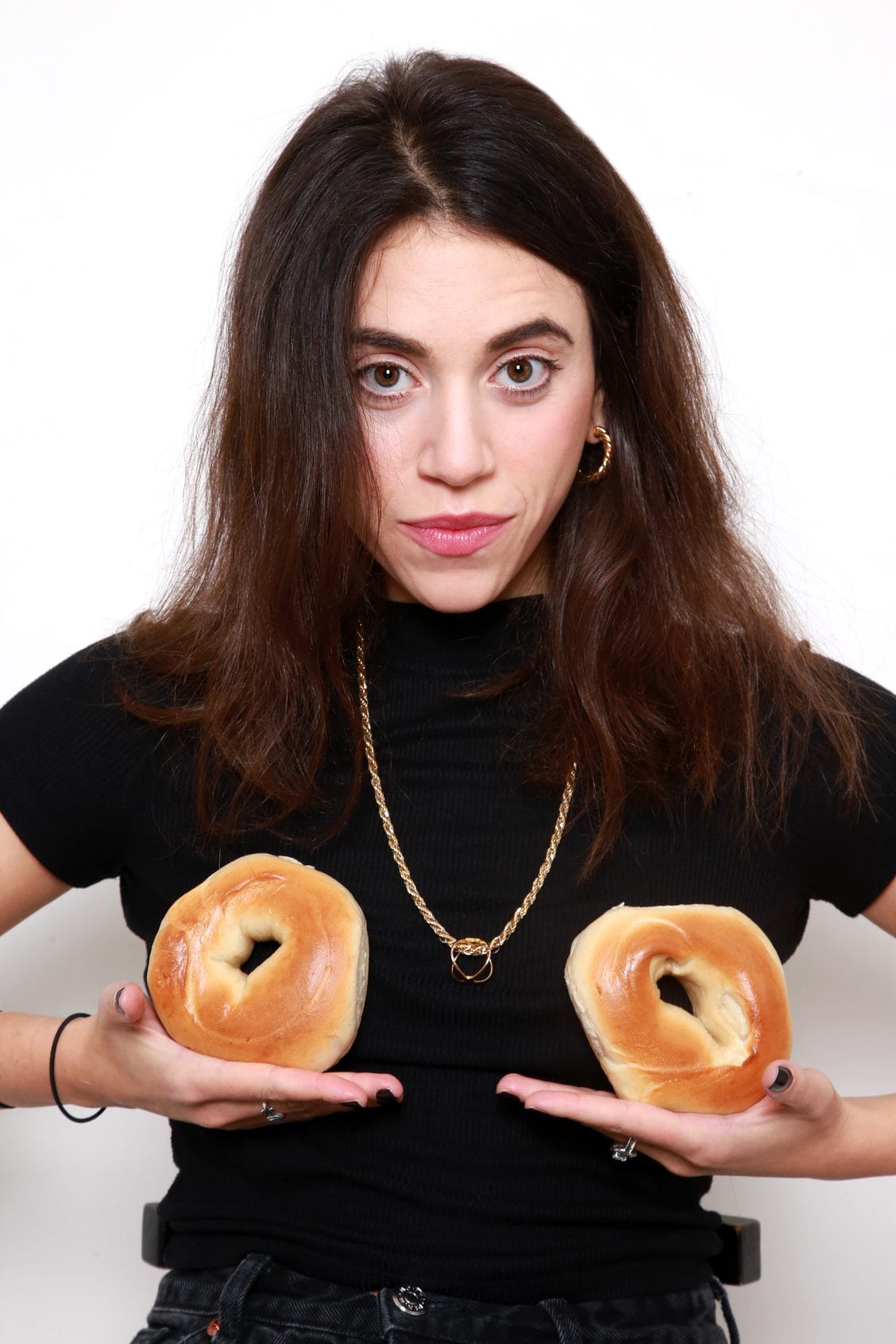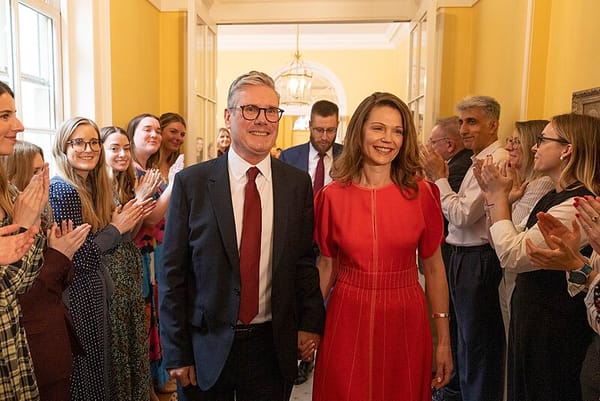A Jew in a goy’s world
How could we *not* review a play called Pickle?

You most likely have met Ari before. A features writer for the Ham & High, the 29-year-old Jewess still lives with her parents. Not frum enough for her sister-in-law Rachel, Ari is far too Jewish for her colleagues, whom she stuns into silence at a work icebreaker by telling them she’s the descendent of Holocaust survivors. Her non-Jewish dates (with their “Aryan arms”) think she’s “exotic neurotic” but also that she doesn’t look Jewish. The Jewish dates include an Ashton Kutcher look alike who sings ‘Am Yisrael Chai’ loudly at the bar (“Did your ancestors survive pogroms for you to date him?” her inner voice asks). Her own karaoke hit is – what else – Amy Winehouse's ‘Back to Black’ – “Way to bring the mood down,” her friends say and she storms off.
Pickle, a new one-woman comedy written and performed by Deli Segal and directed by Kayla Feldman, promises it will not rehearse tired tropes. This, announces Segal at the show’s start, is not a show about the Holocaust. There will be no fiddlers, on roofs or otherwise. Still, the show speaks to the predicament – a pickle, some might say – in which many of us find ourselves, Jews in a goy’s world (even the scenery speaks to this bind: the crimson curtains of the aron hakodesh – literally the “holy wardrobe” where Torah is kept in a synagogue – resemble classical stage curtains). It’s a play about the familiar loneliness of having a voice in your head that says there is only one way of being happy – get married (to a Jew!), have kids, live a conservative life. A voice that questions everything and is satisfied with nothing – and trying to find joy despite it.
Upon arrival at the Park Theatre, we’re greeted with sweets, shots and the bar mitzvah standard ‘Mashiach’. The show proceeds relentlessly, leaving barely a pause for breath between jokes; moments of tenderness or character development are almost immediately interrupted by Ari’s internal monologue. Pickle struggles to connect at a deeper level: at a Purim party for singles, dressed as a gherkin that can’t seem to get anyone’s attention, Segal sighs: “I guess I’ll just die alone.” But then we’re on to the next wisecrack.
Still, Segal – a rom-com queen reminiscent of Susie Gold, or Jessica in Kissing Jessica Stein, carries the show admirably. At one point she invites a shy audience member to help her parse different denominations of Judaism: frum (I love the Torah), not-so-frum (Brent Cross, drive on Shabbat but doesn’t let others catch you) and not frum at all (M&S challah). Her energy is irresistible – you’re guaranteed to leave in a good mood.
Pickle is part of a new wave of Jewish work to hit the stage in recent years. From Nick Cassenbaum’s Bubble Schmeisis to Tamara Micner’s Holocaust Bruch and Guy Woolf’s Becoming Electra, a new generation is shaking off the dust and doing something different. Leaving the Park on Monday night, I couldn’t help but feel: it’s an exciting time to be a Jew in theatre.
Victor Esses is a Jewish-Lebanese Brazilian queer theatre-maker and performance artist. He recently curated Global Jewish Voices, a series of readings by Jewish playwrights from around the world.




